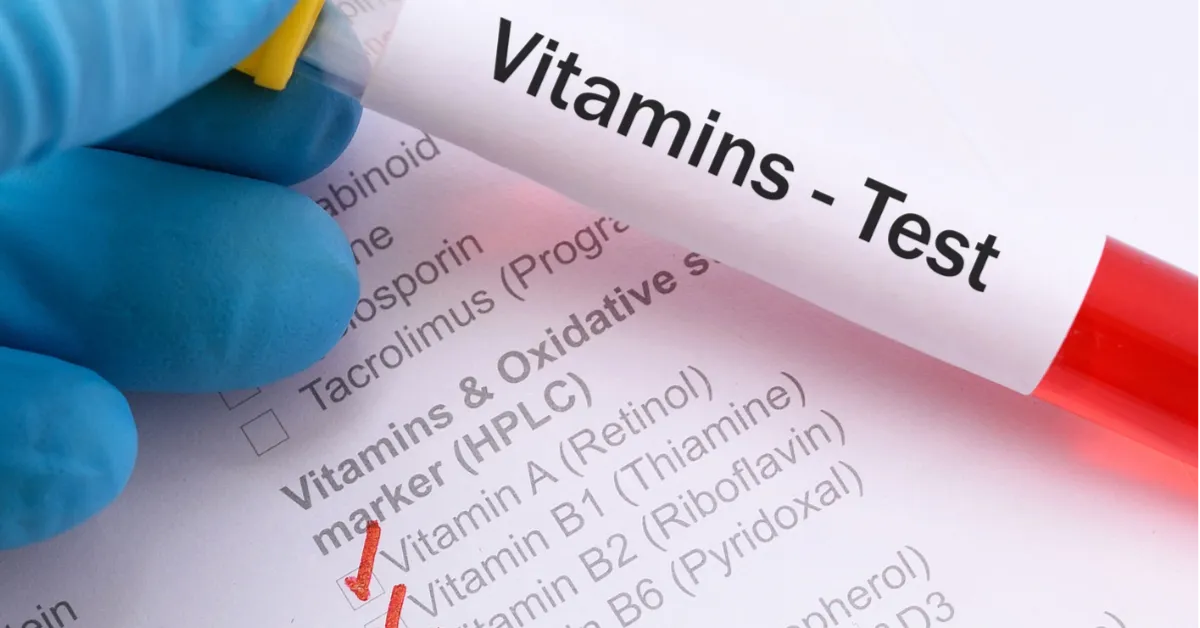CLSI M66 Vitamin B2 Analysis in Fortified Baby Foods
The CLSI M66 method is a standard procedure designed to analyze the presence and concentration of Riboflavin (Vitamin B2) in fortified baby foods. This analysis ensures that products meet the required quality standards, thereby protecting infant health and ensuring compliance with regulatory requirements.
Quality assurance through rigorous testing is paramount for infant nutrition products, as these items form a crucial part of a child's diet during critical growth stages. The CLSI M66 method specifically targets fortified baby foods, which are often enriched to provide essential nutrients beyond the basic requirements. By accurately quantifying Vitamin B2 in these products, manufacturers can ensure that the recommended daily intake is met and maintained consistently across different batches.
This analysis is critical for several reasons. Firstly, it helps in maintaining product consistency by providing a reliable measure of nutrient content. Secondly, it supports regulatory compliance, ensuring that fortified baby foods meet the stringent standards set forth by health authorities around the world. Lastly, accurate Vitamin B2 levels are vital for infants' overall health, particularly as this vitamin plays a key role in energy metabolism and red blood cell formation.
The CLSI M66 method involves a series of steps to achieve precise results. The process begins with sample preparation, which includes homogenization of the fortified baby food samples. This step ensures that all parts of the product are analyzed uniformly. Following this, the samples undergo extraction procedures tailored to the specific formulation of the fortified baby foods.
The extracted Vitamin B2 is then measured using spectrofluorometric techniques, a highly sensitive and accurate method for detecting small amounts of riboflavin in complex matrices such as baby food. This technique relies on the excitation of riboflavin by ultraviolet light, followed by emission at specific wavelengths that are characteristic to this vitamin.
Once the measurement is complete, the data is analyzed according to CLSI M66 criteria, which define acceptance limits for Vitamin B2 content in fortified baby foods. These standards ensure that manufacturers deliver products within specified ranges, allowing for adjustments if necessary. The method also includes quality control measures to validate the precision and accuracy of the analytical results.
Compliance with this standard is not only a legal requirement but also an ethical obligation towards consumers, especially when dealing with infant nutrition products. By adhering to CLSI M66, laboratories can provide reliable, repeatable, and accurate data that contribute to maintaining high standards in the industry.
The importance of this analysis cannot be overstated. It ensures not only regulatory compliance but also enhances consumer confidence by providing transparent, verifiable evidence of product quality. In an era where food safety is a global concern, such rigorous testing methodologies are essential for safeguarding public health.
Why It Matters
The analysis of Vitamin B2 in fortified baby foods through the CLSI M66 method is crucial for several reasons. Firstly, it guarantees that the products meet stringent regulatory requirements set by various international standards bodies, including ISO and ASTM. Secondly, this ensures product consistency, which is critical during infancy when dietary intake plays a significant role in overall development.
Accurate Vitamin B2 levels are essential because riboflavin supports several vital biological processes in infants, such as energy production and the formation of red blood cells. Deficiencies can lead to various health issues, including fatigue, skin problems, and even more severe conditions like anemia.
From a manufacturing perspective, consistent Vitamin B2 levels ensure that products are reliable and meet consumer expectations. This is particularly important in fortified baby foods, which often contain additional nutrients beyond those naturally present in infant formula or breast milk. By adhering to CLSI M66 standards, manufacturers can demonstrate their commitment to quality and safety.
Consumer trust is another significant factor. Parents are increasingly seeking transparency about the nutritional content of products they choose for their children. Reliable testing results provide assurance that fortified baby foods contain the correct amount of Vitamin B2, aligning with recommended dietary allowances (RDAs).
Applied Standards
The CLSI M66 method is widely recognized and applied internationally due to its robustness and reliability. It adheres to stringent quality control measures that are aligned with global standards such as ISO 17025 for laboratory accreditation and ASTM E1784, which specifies the use of spectrofluorometric methods in food analysis.
The method is designed to ensure precision and accuracy, making it suitable for both routine quality control checks and research purposes. Compliance with these standards not only ensures that laboratories meet regulatory requirements but also enhances their reputation within the industry.
Manufacturers who adopt this standard benefit from consistent results across different batches of fortified baby foods. This consistency is critical in maintaining product quality and reliability, which are paramount factors in infant nutrition products.
Industry Applications
- Baby Food Manufacturers: CLSI M66 ensures that Vitamin B2 levels meet the required standards, supporting consistent product quality and compliance with regulatory requirements.
- Regulatory Bodies: Compliance with this method helps in enforcing food safety regulations, protecting public health.
- R&D Engineers: This standard provides a reliable framework for developing new fortified baby foods that meet both nutritional needs and regulatory standards.
- Quality Managers: They use CLSI M66 to monitor quality assurance processes, ensuring consistent Vitamin B2 levels in fortified baby foods.
The method's application is extensive across the food and feed sector, particularly for products that are fortified with essential vitamins. By adhering to this standard, stakeholders can ensure product safety, reliability, and regulatory compliance.





